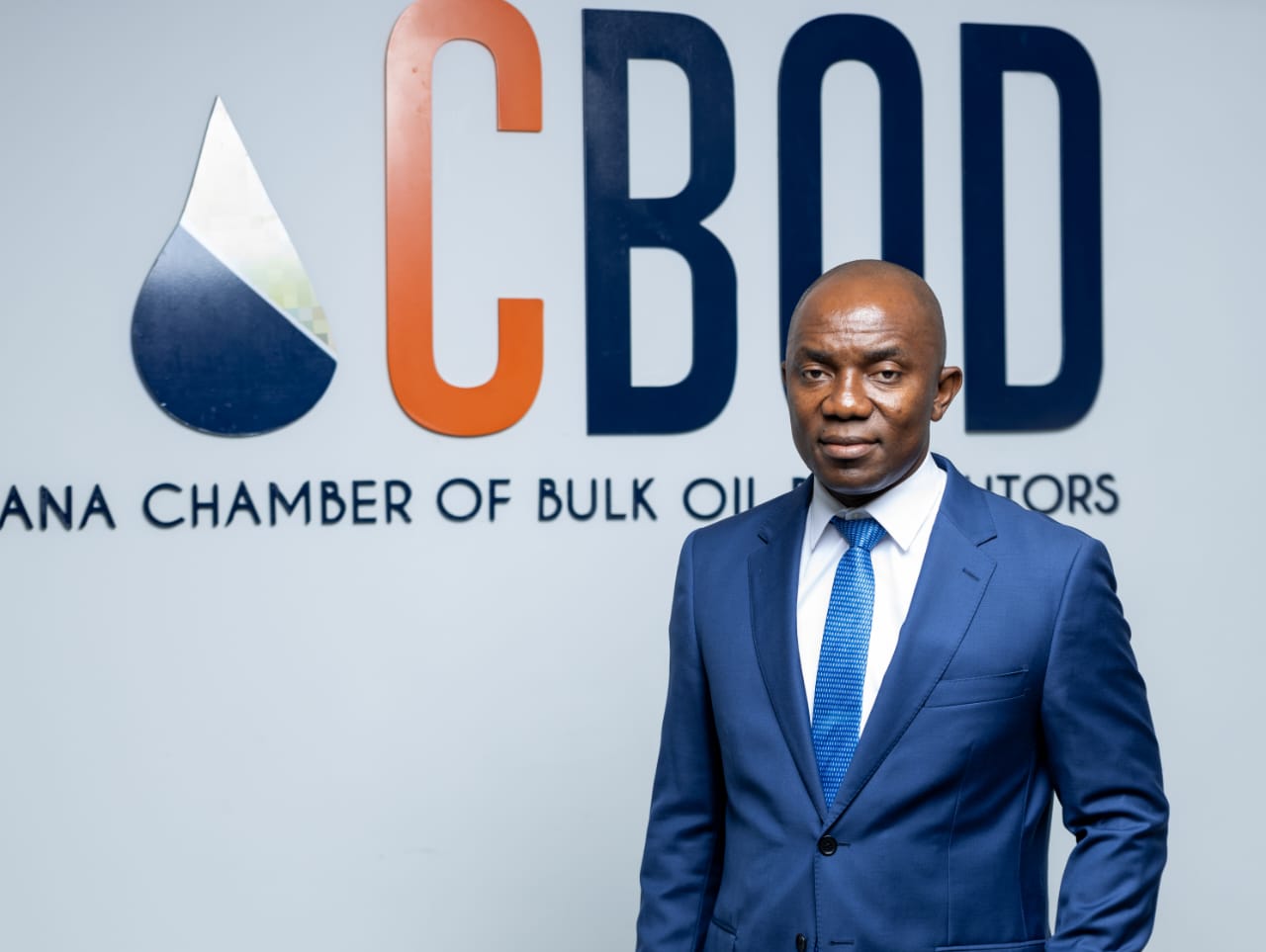BDCs raise concerns over alleged political interference in Laycan scheduling
They claim that this can lead to an increase in cost of petroleum products
Some Bulk Distribution Companies are reportedly raising concerns over increasing demurrage charges by vessels at the country’s entry points, citing interference with the Laycan schedule.
They claim this development could lead to a rise in the cost of petroleum products at the pump, denying consumers the opportunity to enjoy further price reductions resulting from the appreciation of the local currency.
According to the Chamber of Bulk Oil Distributors (CBOD), certain faceless individuals are taking advantage of the situation to charge exorbitant and unauthorised fees, further worsening the problem.
The Chamber warns that if the situation is not halted or controlled, petroleum prices may take longer than expected to drop significantly, contrary to the expectations of many Ghanaians.
The Laycan schedule—developed through industry consultations and published by the National Petroleum Authority (NPA)—is essential for aligning import timelines with international oil trading partners.
However, since the beginning of 2025, the schedule has been revised more than four times in the first quarter alone, and six more times in the second quarter, often without proper consultation with industry stakeholders.
Chief Executive of the CBOD, Dr. Kwaku Ofori, in an interaction with the media, disclosed that political interference is disrupting the scheduling process.
“These repeated and unilateral changes have created severe operational and financial burdens for Bulk Import, Distribution, and Export Companies (BIDECs).
Each revision typically affects around ten cargoes, resulting in approximately thirty days of disruption and additional costs, such as unplanned demurrage and hedge-related losses.
"Within the first two quarters of the year, BIDECs have incurred over USD 40 million in demurrage alone due to these avoidable schedule changes. The Chamber finds it particularly concerning that some BIDECs without assigned Laycans, or those citing emergency needs, have been allowed to bypass the established schedule—undermining transparency and fairness in the allocation process. For the first time, the Q2 Laycan has been extended into Q3, up to September 2025, further compounding uncertainty in the sector.
"We have submitted proposals to the NPA to restore predictability and fairness in Laycan administration. Unfortunately, these recommendations have not been implemented, and the disruptions have continued,” he revealed.
The government is therefore urged to, as a matter of urgency, intervene and bring sanity to the sector by ensuring that the Laycan schedule is strictly adhered to, thereby reducing demurrage costs for the oil marketing firms.
ID/KA











